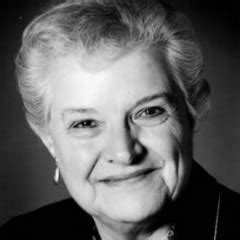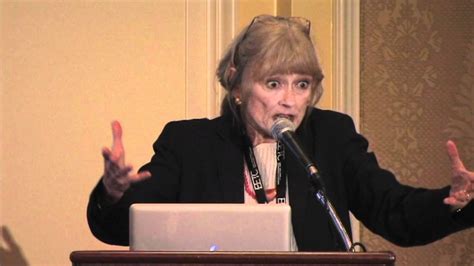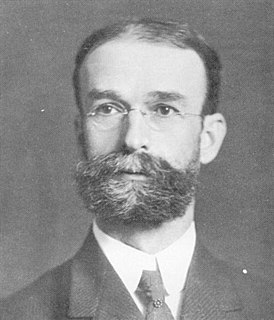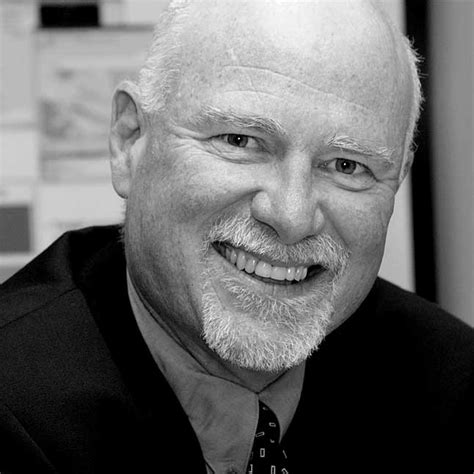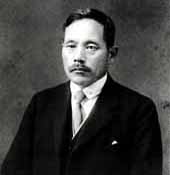A Quote by Susan C. Aldridge
The act of learning itself is no longer seen as simply a matter of information transfer, but rather as a process of dynamic participation, in which students cultivate new ways of thinking and doing, through active discovery and discussion, experimentation and reflection.
Related Quotes
Discovery should come as an adventure rather than as the result of a logical process of thought. Sharp, prolonged thinking is necessary that we may keep on the chosen road but it does not itself necessarily lead to discovery. The investigator must be ready and on the spot when the light comes from whatever direction.
The act of imagination is the opening of the system so that it shows new connections. Every act of act of imagination is the discovery of likenesses between two things which were thought unlike. An example is Newton’s thinking of the likeness between the thrown apple and moon sailing majestically in the sky. Hence, the ‘discovery’ of the laws of gravity.
We have three approaches at our disposal: the observation of nature, reflection, and experimentation. Observation serves to assemble the data, reflection to synthesise them and experimentation to test the results of the synthesis. The observation of nature must be assiduous, just as reflection must be profound, and experimentation accurate. These three approaches are rarely found together, which explains why creative geniuses are so rare.
Freud made the discovery- quite genuinely, simply through working on his own material- that the more deeply one explores the phenomena of human individuation, the more unreservedly one grasps the individual as a self-contained and dynamic entity, the closer one draws to that in the individual which is really no longer individual.
Differentiated Instruction is a teaching philosophy based on the premise that teachers should adapt instruction to student differences. Rather than marching students through the curriculum lockstep, teachers should modify their instruction to meet students' varying readiness levels, learning preferences, and interests. Therefore, the teacher proactively plans a variety of ways to 'get it' and express learning.
It is Deism which depicts God as the passive onlooker rather than the active governor of His world, and which assures us that the guarantee of human freedom lies in the fact that men's actions are not under God's control. But the Bible teaches rather that the freedom of God, who works in and through His creatures, leading them to act according to their nature, is itself the foundation and guarantee of the freedom of their action.

